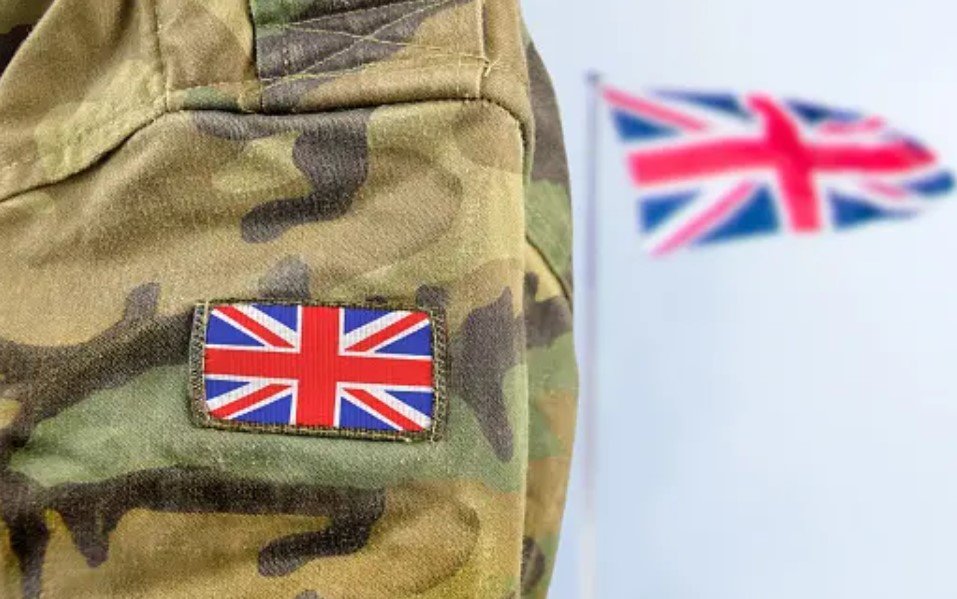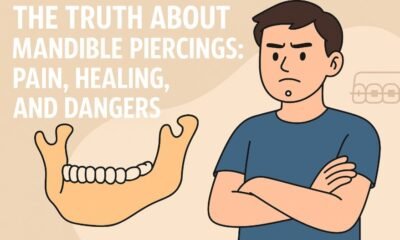Lifestyle
Why Support is Vital When Leaving the Military

Military service is a major sacrifice, and one undertaken in the name of national security as well as personal growth and development. To serve in the UK’s armed forces is regarded as an honour, and an honourable pursuit – though active service does invite often-incredible levels of personal risk as well as personal opportunity.
Serving in the military is a defining aspect of a serviceperson’s life within and without the armed forces, providing structure and rigour as well as friends and compatriots for life. When in the armed forces, the armed forces are everything. This is why even completely healthy soldiers can find themselves struggling on leaving active duty – to say nothing of those unfortunate enough to suffer life-changing injuries in the line of duty. Here, we will explore support after military service, and why it is a key provision for ex-servicepeople.
Military Claims – The Statistics
For one, it is important to address a key factor in veterans leaving active service. Injuries suffered as a direct result of military service are unfortunately common, and a subset of them are undeniably preventable. Indeed, according to recent government statistics, the Armed Forces Compensation Scheme received a staggering 5,800 claims in the 2021-2022 period alone.
Of course, military personnel do not need to be injured to receive support of any kind after leaving the armed forces – and many will need a wide variety of forms of support in order to re-integrate back into society. But is the government doing enough?
Government Support – Is It Enough?
According to a survey of military charities, the UK government is not doing enough to help veterans after service. The survey found that 74% of military charities believed so, indicating that ex-service members were being increasingly forgotten about by a Conservative parliament that signalled its virtue otherwise. While British military activity is at a relative minimum lately, there are still thousands of ex-servicepeople struggling with their re-integration after service, whether with grievous injuries or simply without job prospects.
Finding Support
Support is, thankfully, available for veterans. The difficulty is in sourcing and accessing it, which can be rendered especially difficult for disabled veterans without existing access to a support network. For injured veterans, military solicitors can be a good first contact to make; military solicitors can advocate for civil recompense where an injury occurred due to military negligence, and they can also assist in other ancillary matters relating to the receipt of pensions.
More directly, monetary and residential support can be sourced through such organisations as the Royal British Legion, or Veterans’ Gateway. As for mental health support, which is crucially important for servicepeople who have served active duty or witnessed traumatic events on duty, charities like PTSD UK are essential to make contact with – as are charities like Combat Stress and Mind.
-

 Lifestyle1 month ago
Lifestyle1 month agoThe Truth About Mandible Piercings: Pain, Healing, and Dangers
-

 Tech1 week ago
Tech1 week agoGet Help with File Explorer in Windows 10 & 11 Easily – Step by Step Guide
-

 Entertainment3 weeks ago
Entertainment3 weeks ago13 Free FMovies Alternatives to Watch Movies Online in 2025
-

 Entertainment2 weeks ago
Entertainment2 weeks ago123Movies Alternatives: 13 Best Streaming Sites in 2025



